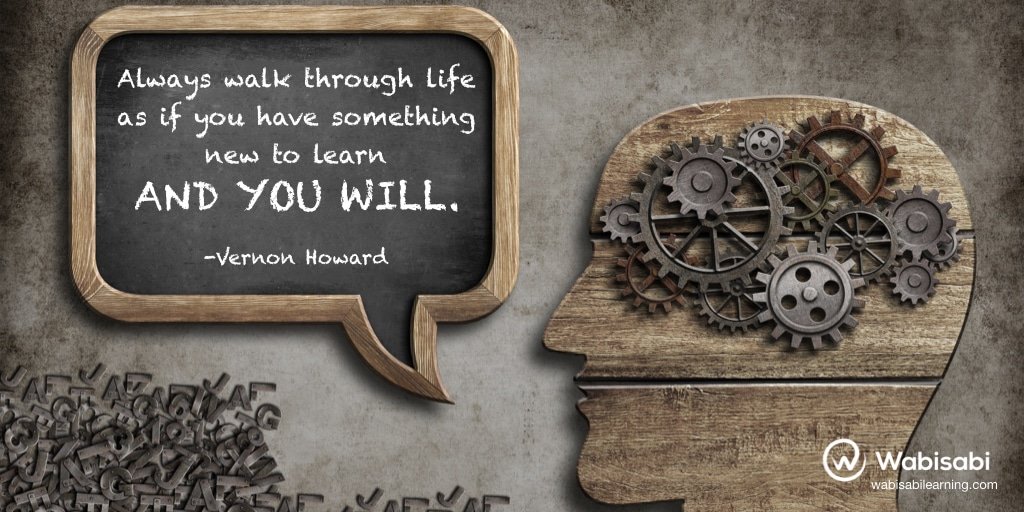 I honestly cannot count the number of times I have discussed this belief of mine with administrators and teachers, lately. Through my own consulting work with schools and districts, along with my teaching work with graduate students and doctoral students at Grand Canyon University and Walden University, I have touted this belief by carrying the proverbial flag with this saying on it. What do I mean? When I conducted my own dissertation research on what teachers value or "trust" in their own administrators, many teachers responded with statements like, "When my principal acts like he knows everything, but he honestly doesn't know a thing about my content area, it comes off as ridiculous in a post-observation conference" or "I know my principal has areas she is not strong in, but she'd never admit that to us. She wants us to think she knows everything. Well, guess what. She doesn't." Amen, and pass the peas! (Okay, don't pass the peas to me, as I have a strong dislike for them, in full disclosure). So, are we just supposed to tell everyone what we don't know, in the hope that they will say, "That's okay that they are incompetent in several areas"? While that extreme is not necessary, it sure would beat the falsehood that some administrators display in words and actions, acting like they have more answers than the teachers who they observe and coach. Instead, why not ask questions like, "What might I expect to see in this physics lesson? While physics might not be my forte', I really am looking forward to learning more about this content, myself!" I was working with a teacher the other day who talked about her lesson that I had observed. She was so brutally honest in saying, "I noticed from the observation notes you gave me that I talked WAY more than the students did, and when I did ask them questions, it seemed to me to be a back-and-forth between me and a student then me and another student." We talked about how a "soccer match format" of discussion (in which students pass the "conversation" to each other rather than simply kicking it back to the teacher) might be more effective than a ping-pong match between student and teacher, student and teacher, over and over again. I noted that I was so impressed with her ability to reflect on her own teaching, and her response was, "This is great, being able to talk about my own teaching and reflect on how to do things better. I have been teaching quite a while, but I still have a lot to learn." I told her I hope I never stop learning, as it only makes us better educators to continue the learning process. We agreed on that, for sure. My own vulnerability to honestly ask out of curiosity, "Oh wow! I've not seen that technique before. How might you use that in your own teaching?" and truly listen to the response is a way to ensure that teachers know I don't have all the answers. I love the notion of continuous learning and hope to always be able to show that vulnerability doesn't equate to weakness but instead enforces the opposite concept: that when I show that I don't know everything, people are more willing to open up about their own gaps in practice and opportunities for growth. Now, I'm going to go read more about how to work on my own questioning strategies, because I have more to learn....always! Check out one of favorite quotes ever, above. Happy Communicating, Shelly
0 Comments
Leave a Reply. |
Shelly ArnesonCategories |


 RSS Feed
RSS Feed